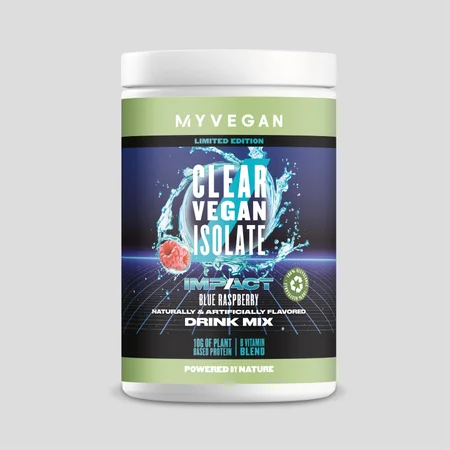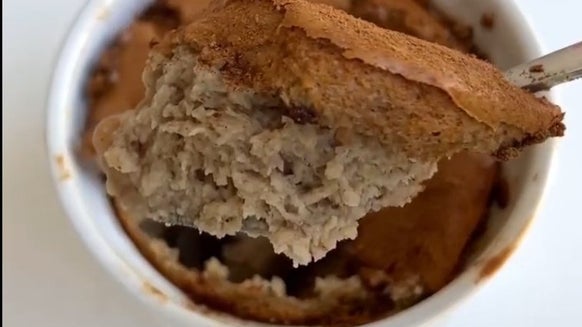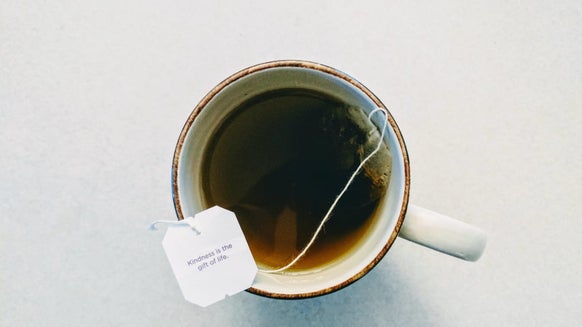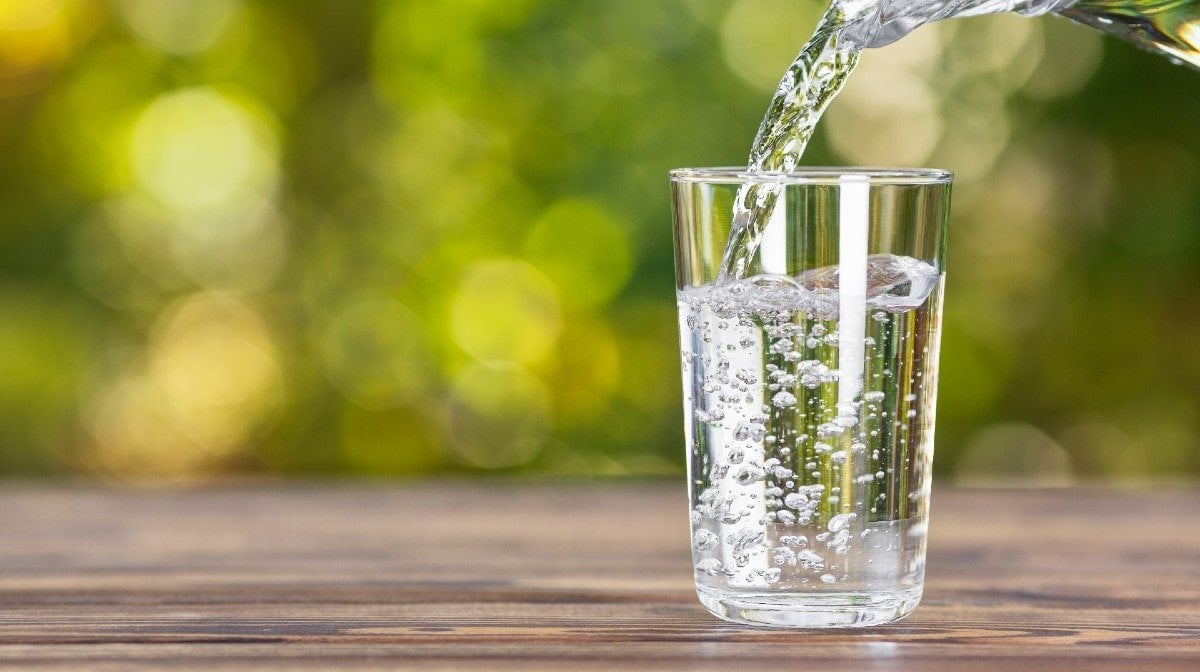
Hydration is key to both good health and good performance. Water is the largest component of our bodies, making up between 50-60% (which varies based on factors like age, sex, and body composition).1 Just like we’re constantly burning calories and need to consume food to replenish our energy, we’re always losing water as well - through urine, sweat, and even just breathing. When we exercise, we increase all of those mechanisms of water loss - and higher temperatures can play a role as well.
- How much water do I need per day?
- What are the effects of dehydration?
- Can you drink too much water?
- Hydration indicators

How much water do I need per day?
Daily water intake depends on many factors, so there are general guideline amounts available from both the USDA and the NHS.
The USDA recommends 11.5 cups of water per day (2.72L) for women 15.5 cups for men (3.66L); the NHS Eat Well guide recommends between 6-8 glasses of low or no calorie beverages per day (a glass is typically more than an 8oz cup).2,3 The USDA recommendation includes water that’s found in food (like fruits and vegetables) which can make up about 20% of our daily fluid intake.
What are the effects of dehydration?
Water is essential to most of our body’s processes, including metabolism. If you’re dehydrated, it can impact your brain function, your energy levels, your skin health and appearance.
Serious or chronic dehydration can impact your heart, kidneys, and make you feel weak and nauseated.1 While researchers have long assumed that dehydration can impact athletic performance, the results on this are varied - however, all experts agree that adequate water intake is crucial for good health.1,4
Can you drink too much water?
While many might struggle to get enough water, it actually
Hydration Indicators
One quick way to assess your hydration status is the color of your urine. You want your urine color to be a pale yellow, which indicates good hydration. Dark yellow or amber colored urine indicates that you may be dehydrated. You may also feel weak, dizzy, or not have much energy.
Take Home Message
READ THESE NEXT:

8 Benefits Of Fish Oil
It has even been shown to improve mental well-being....
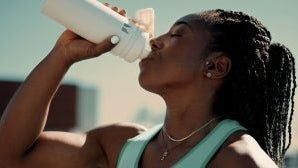
Top 10 Supplements For Energy To Fight Tiredness
Nutritionist recommends the best supps to give you a boost....

15 Low-Sugar Fruits You Should Try
Fill up on these delicious fruits....

Claire is a Registered Dietitian through the Academy of Nutrition and Dietetics and a board-certified Health and Wellness Coach through the International Consortium for Health and Wellness Coaching. She has a Bachelor of Science in Biology and a Master’s degree in Clinical Dietetics and Nutrition from the University of Pittsburgh.
Talking and writing about food and fitness is at the heart of Claire’s ethos as she loves to use her experience to help others meet their health and wellness goals.
Claire is also a certified indoor cycling instructor and loves the mental and physical boost she gets from regular runs and yoga classes. When she’s not keeping fit herself, she’s cheering on her hometown’s sports teams in Pittsburgh, or cooking for her family in the kitchen.
Find out more about Claire’s experience here.
- Maughan, R. J. (2003). Impact of mild dehydration on wellness and on exercise performance. European journal of clinical nutrition, 57(2), S19-S23.
- Institute of Medicine. 2005. Dietary Reference Intakes for Water, Potassium, Sodium, Chloride, and Sulfate. Washington, DC: The National Academies Press. https://doi.org/10.17226/10925.
- National Health Service. 2018. Water, Drinks, and Your Health. Accessed August 2021. https://www.nhs.uk/live-well/eat-well/water-drinks-nutrition/
- Grandjean, A. C., & Grandjean, N. R. (2007). Dehydration and cognitive performance. Journal of the American College of Nutrition, 26(sup5), 549S-554S.

